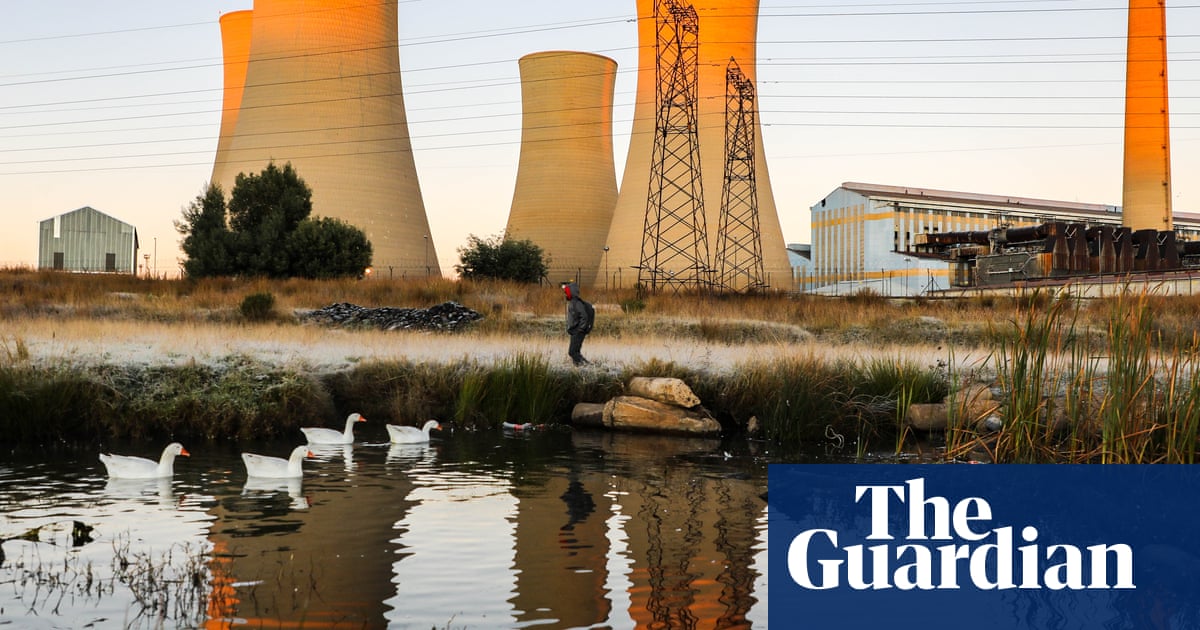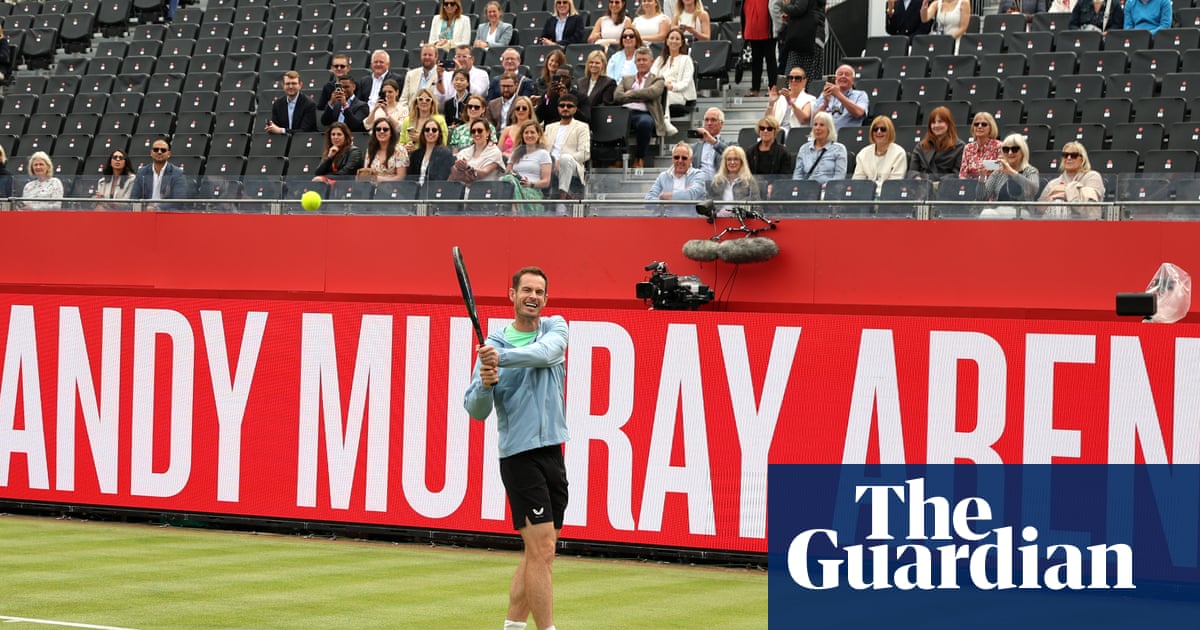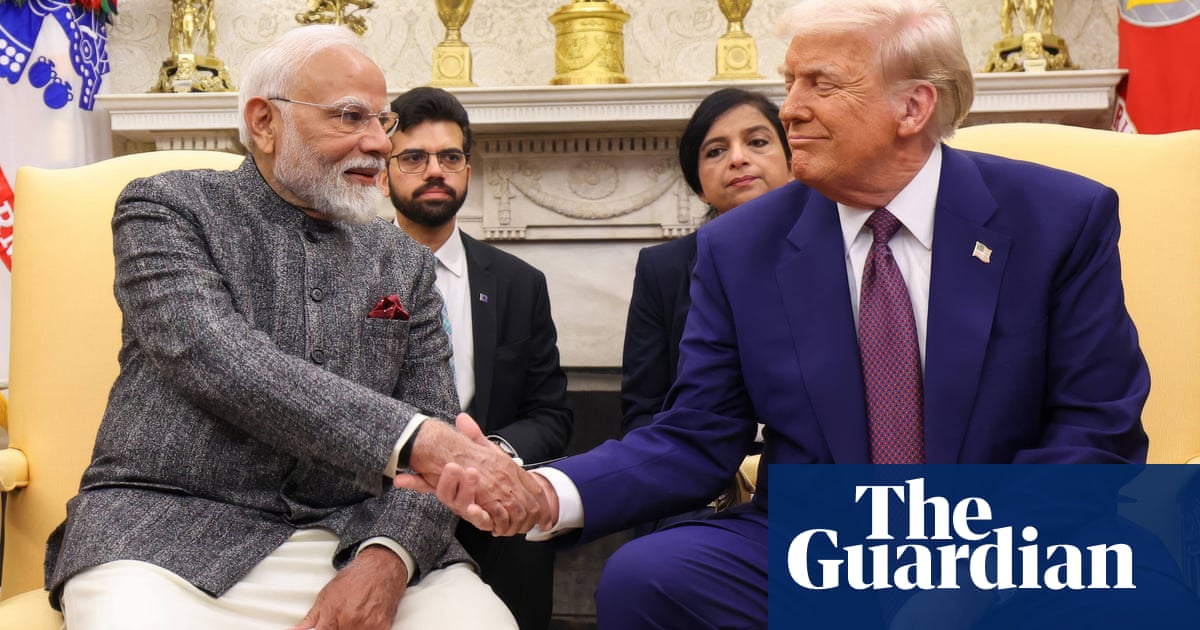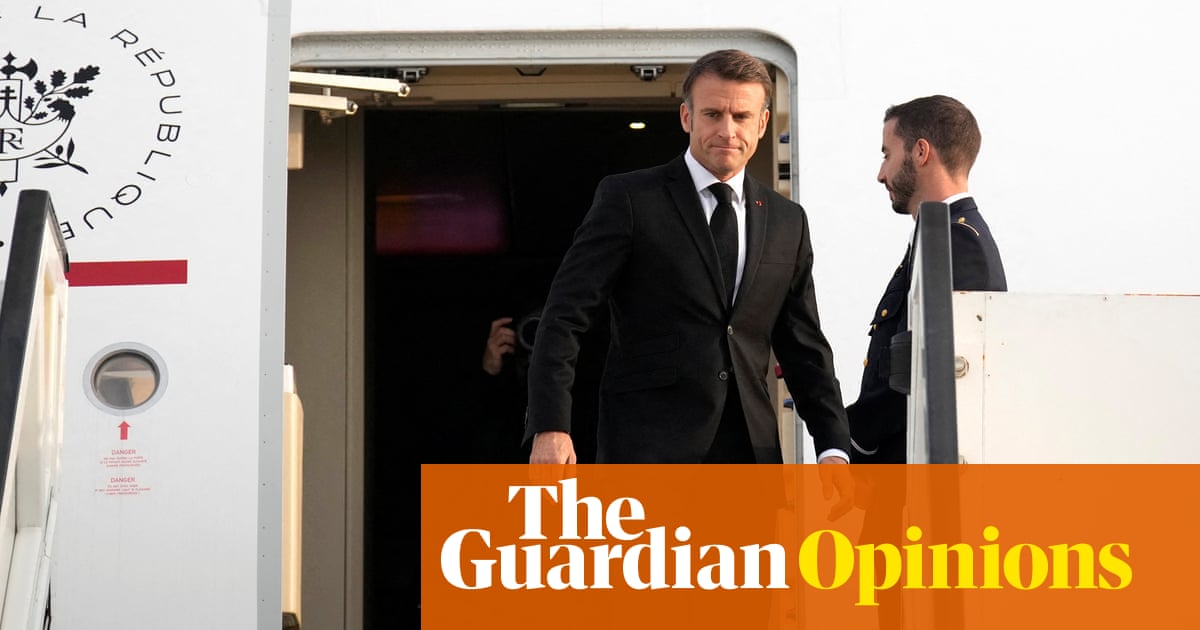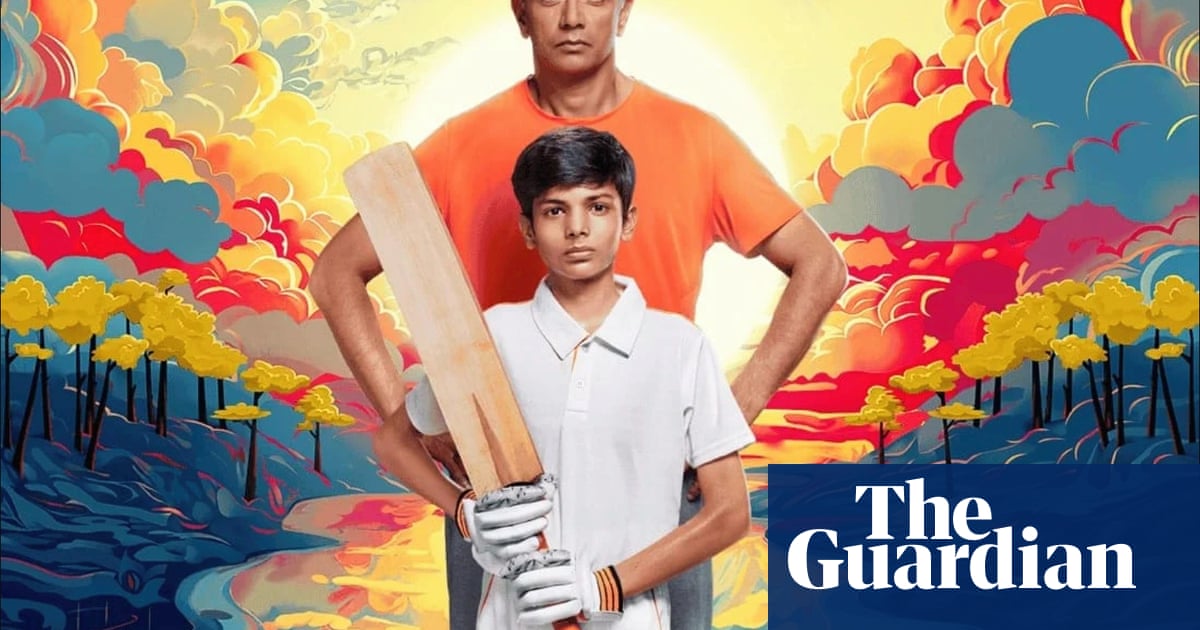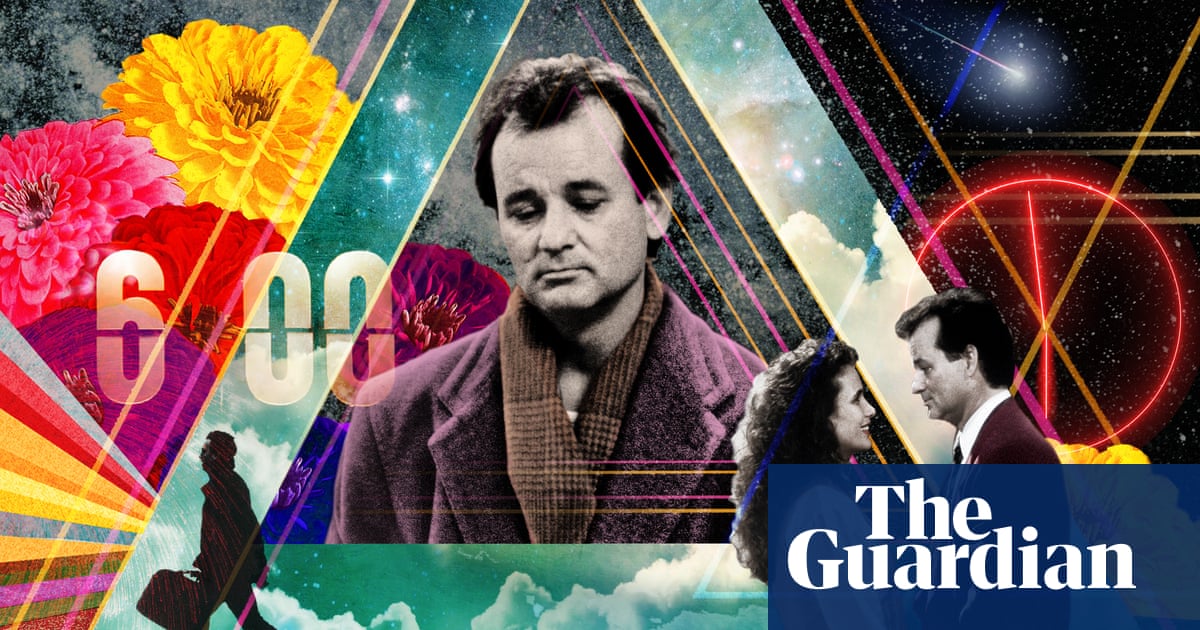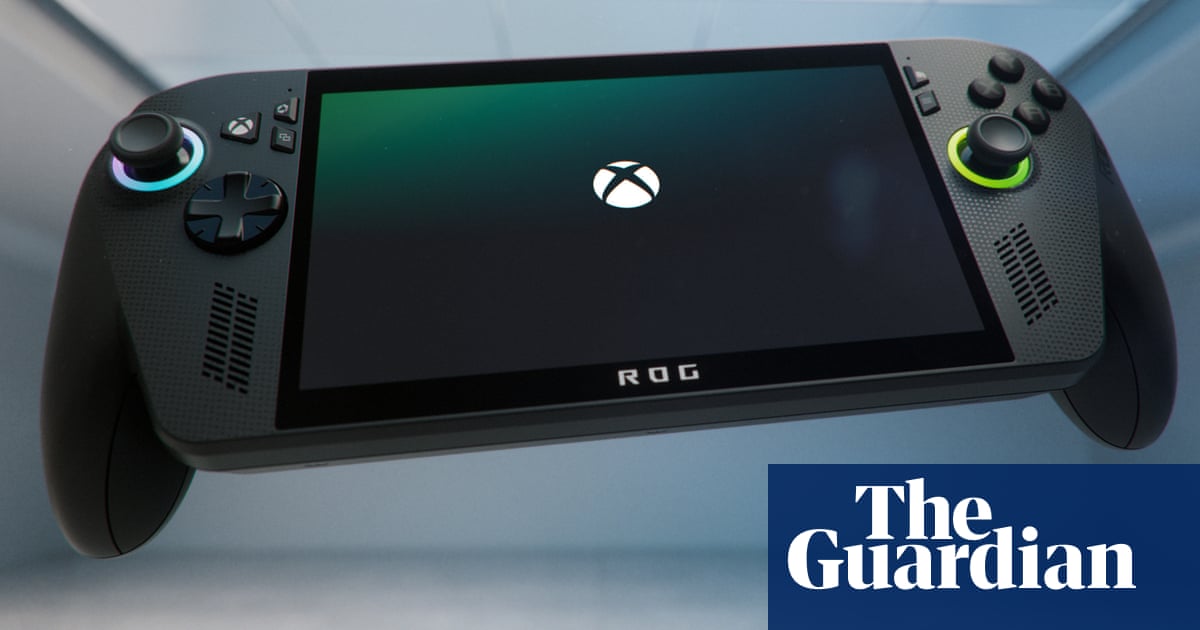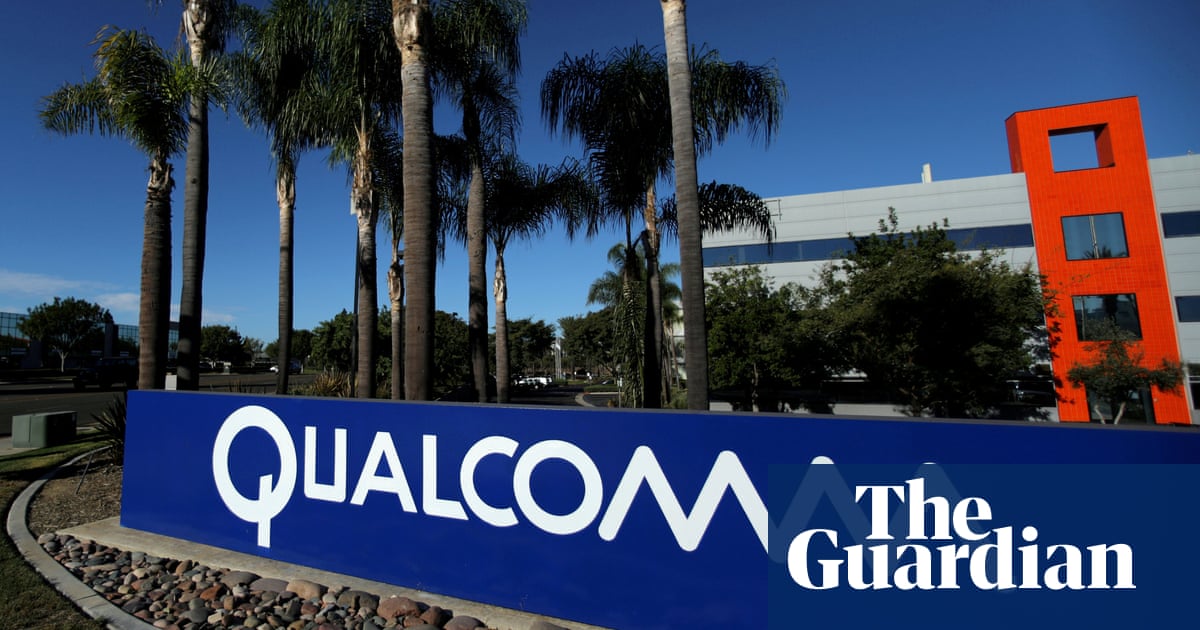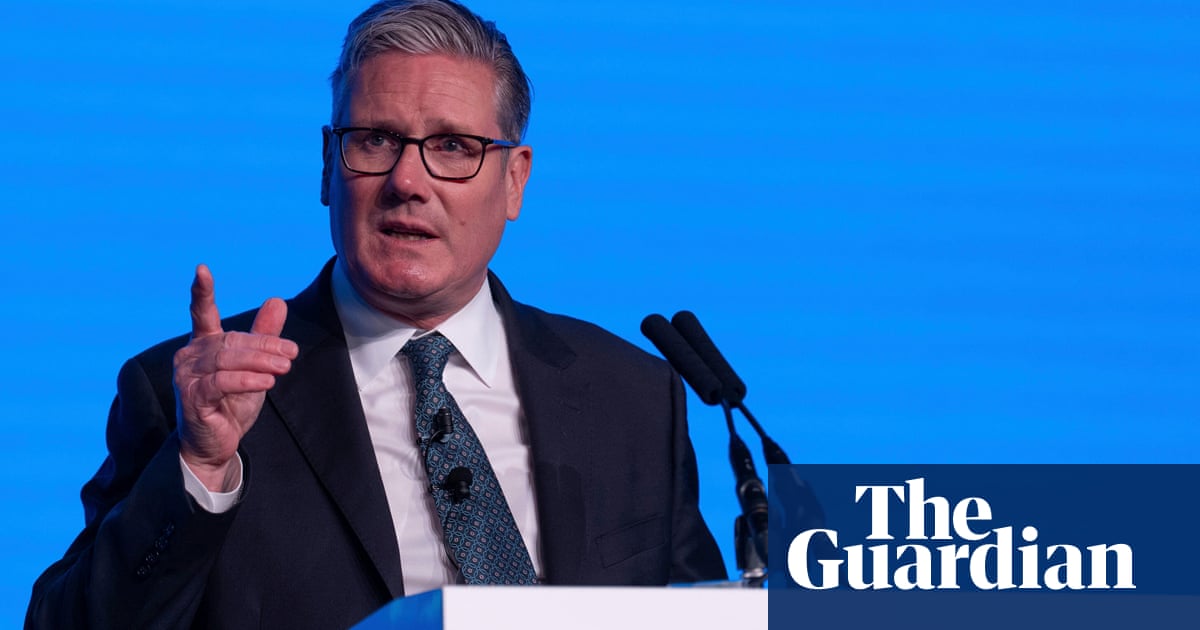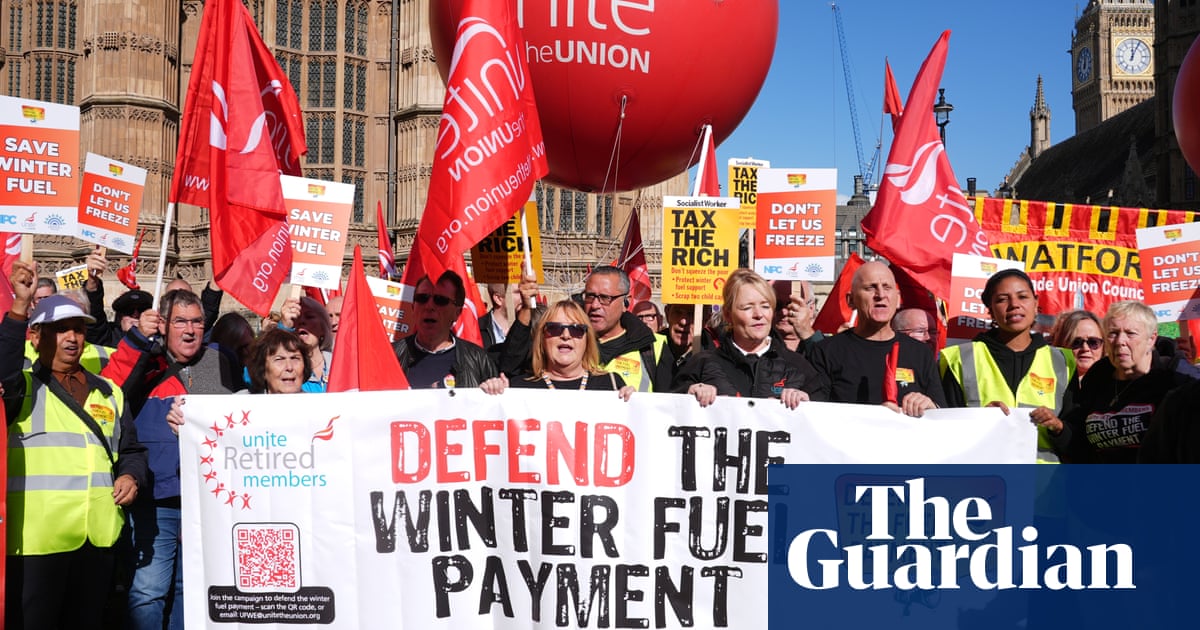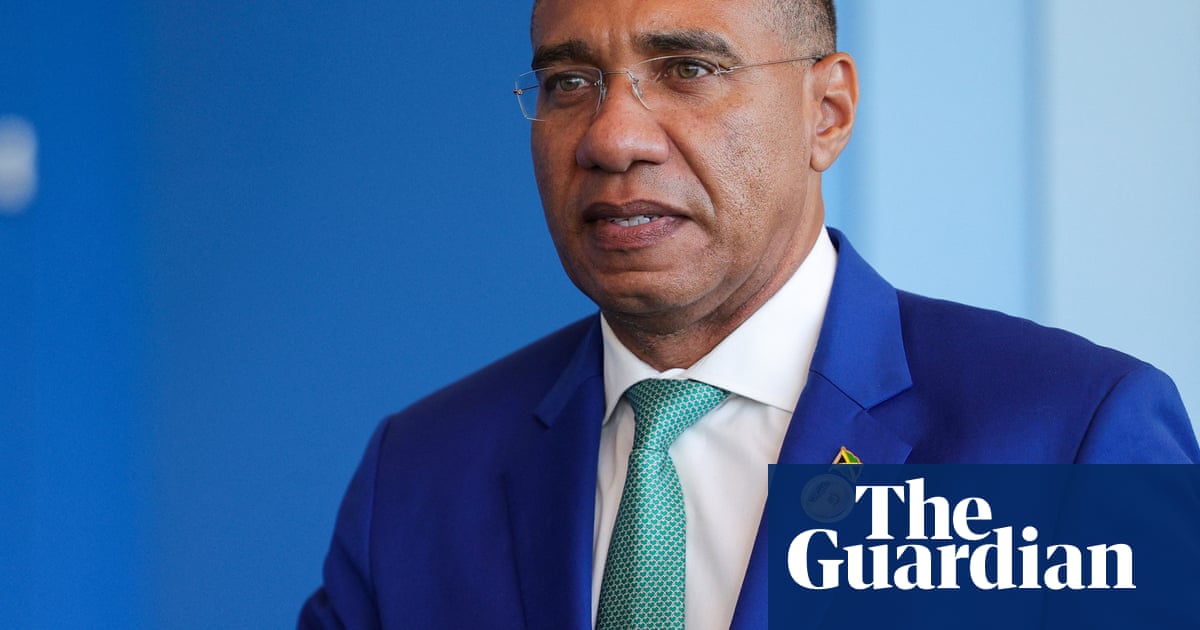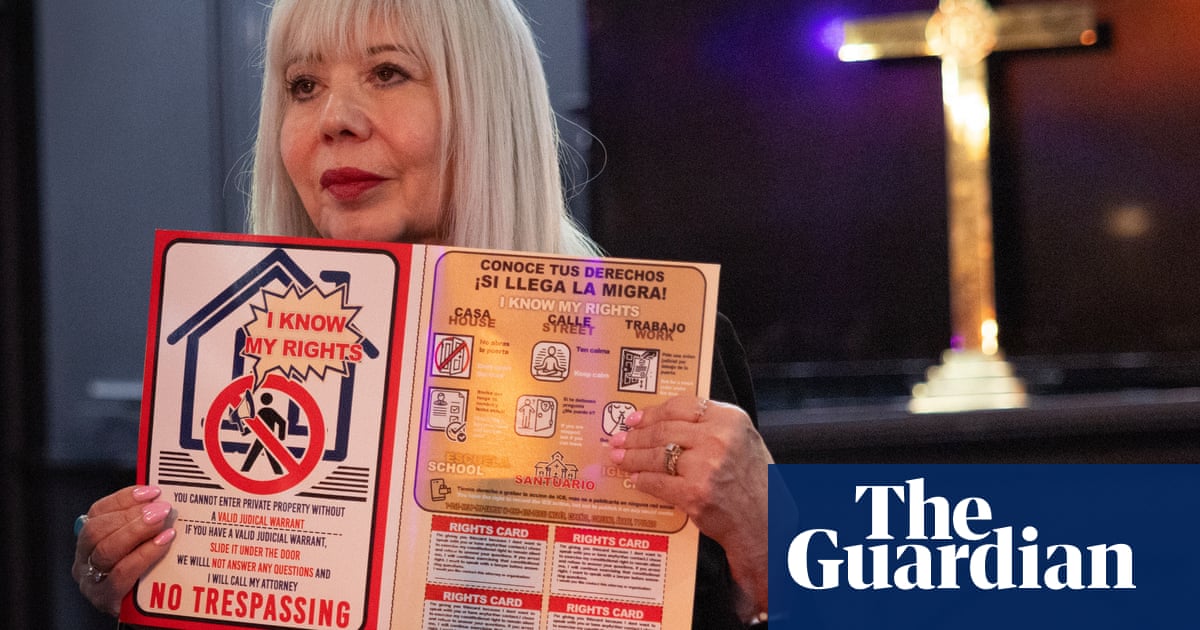What would you do if you won hundreds of millions of dollars playing the lottery? A 79-year-old man from Beaverton, Oregon, gets to answer that question after recently collecting a $328.5m Powerball jackpot drawn on 18 January.
Abbas Shafii issued a statement saying he plans to spend the third-largest such prize in his state’s history traveling, making investments and sharing his “good fortune with non-profit organizations that are close to [his] heart”.
When he walked into a local Fred Meyer convenience store on 17 January to buy a ticket to play the Powerball, Shafii had a 1-in-292m chance of collecting the jackpot that he hit a day later.
Those are about the same odds as flipping a coin and having it land on the same side 28 times in a row, the Associated Press has estimated. He had a vastly better chance of being struck by lightning at some point in his life, with the National Weather Service estimating that people who live for about 80 years have a one-in-15,300 odds of enduring such an ordeal.
Nonetheless, the combination of numbers on Shafii’s ticket – 14, 31, 35, 64, 69, and a Powerball of 23 – was a winning one. He subsequently chose to immediately receive his prize in one lump sum of $146.4m in cash after relevant tax deductions rather than collect the full amount through an annuity over 29 years.
He thus became one of only seven Powerball winners from Oregon since 2005. Only two of them have won larger jackpots, including Cheng “Charlie” Saephan, who in April memorably claimed a $1.3bn Powerball jackpot – the most lucrative in Oregon – amid a battle with cancer.
“I am overjoyed to have won,” Shafii said in his post-jackpot winning statement, distributed on Friday by Powerball officials.
The store where Shafii bought his lucky ticket earned a $100,000 bonus. The business announced it would donate half of its bonus to the Oregon Food Bank as part of its participation in a social impact campaign known as Zero Hunger | Zero Waste.
Powerball is a 33-year-old lottery held across 45 states, Washington DC, Puerto Rico and the Virgin Islands. In Oregon, officials say, game tickets have generated more than $16.5bn for economic development, public education, state parks and veteran services, among other civic causes.

 3 months ago
69
3 months ago
69
